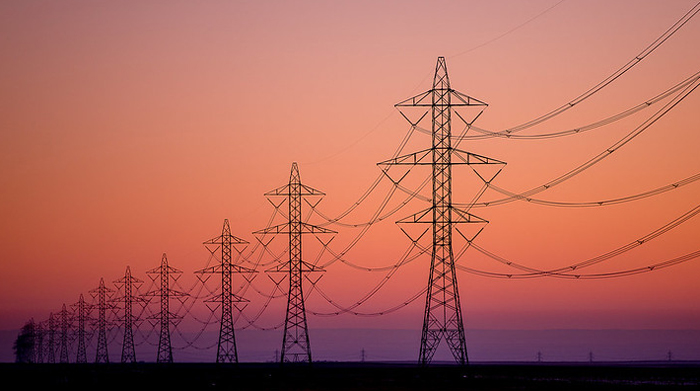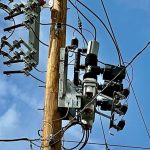DOE Cuts Transmission Permitting Times in Half

Image courtesy of Scott Butner under Attribution-NonCommercial-NoDerivs 2.0 Generic License, resized to 700 x 391 pixels.
As you probably know, the transmission permitting process in the U.S. is essentially broken, often taking 4 years or longer to fully play out. In fact, in certain isolated cases this process can stretch out to an entire decade, which reeks of inefficiency and in my opinion is completely unreasonable!
The good news is that the Department of Energy (DOE) has finally done something about it, by following through on a measure included in the Energy Policy Act of 2005.
Details of the Transmission Permitting Overhaul
Based on a new rule issued in April 2024, the DOE will now be issuing permitting decisions for proposed transmission lines on federal land within 2 years of applications being filed, which is twice as fast as current averages. In addition, the DOE is making it easier and less cumbersome to develop energy storage technologies and solar projects by easing the environmental assessment process.
The new rule creates what is known as the Coordinated Interagency Authorizations and Permits (CITAP) Program. It designates the DOE as the lead agency to coordinate the permitting process, which is an improvement over the previous convoluted approach that would often involve 10 or more separate federal agencies. In addition, the new rule requires developers to engage with the public for their projects, among other requirements.
Much of the impetus for the new rule is the Biden administration’s goal of upgrading 100,000 miles of transmission lines in the next 5 years. Simply put, this goal would be impossible without improving the speed and efficiency of the nation’s transmission permitting process.
This is obviously a huge win for the electric utility industry. The U.S. needs more transmission capacity to keep reliability at an acceptable level, and cutting transmission permitting times in half is just what the doctor ordered. While it’s true that this should/could have been done years ago, the old phrase ‘better late than never’ certainly applies.



